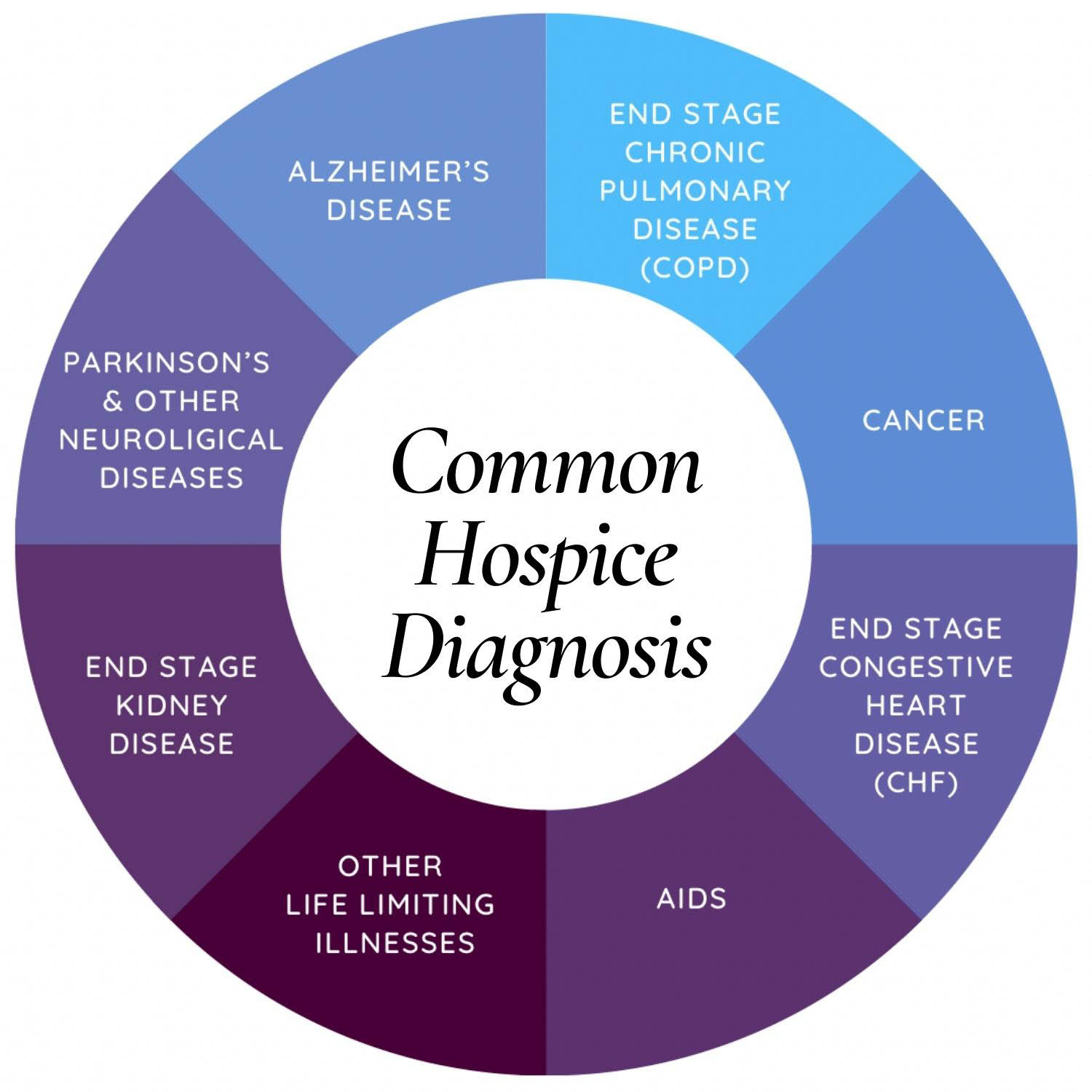Hablamos Español800-574-5179
Hospice is specialized care available to patients who are experiencing an advanced, life-limiting incurable disease, and who have elected to focus on comfort and symptom management rather than curative disease treatments. At IPH Hospice Care, our goal is to provide patients with a level of care that focuses on pain management, symptom relief, comfort, dignity, and quality of life.
Our team, which consists of our doctor, nurse practitioner, registered nurse, licensed vocational nurse, nurse aide, social worker and spiritual counselors/ chaplains will work closelv with the patient and their finally to develop a personalized care plan. Our focus is to deliver clinical emotional, and spiritual support, guiding the patient and family through the end-of-life journey.
Hospice isn't about dying; its about affirming life, living it to the fullest, and making a profound difference in a patient's quality of life by allowing them to continue making precious memories with those they love and doing things they enjoy.

Hospice appropriate individuals may exhibit some or all of the following:



Hospice continuous "Crisis Care" is offered to patient's during times of distress, for symptom control or when death with complications is imminent. Medicare criteria must be met to constitute 8 or more hours of continuous care.
Respite care provides relief to caregivers who are caring for loved ones at home. Respite care is offered on up to 5-day increments and care for the patient is provided in an in-patient facility such as a nursing home or hospital setting. This period of time allows caregivers the much-needed rest or ability to attend other events.
Bereavement is the period of mourning after a loss. Our hospice care team works with the patient's loved ones and help them through their grieving process for up to a year if necessary.

If you are Medicare or Medicaid eligible and meet the Hospice qualifications, your out-of-pocket costs are significantly reduced or may even be covered up to 100%.
Private Insurance will pay for Hospice Care services. Benefits vary per policy and verification of benefits is required. Co-pays may apply.
Hospice is not about giving up; it's about changing your focus to comfort and living a quality life. It's about living life to the fullest, doing the things you enjoy, and making memories with those you love
This is a common misconception, but in fact, patients continue to receive the medical care they need for any other illness or injuries that are not related to their terminal diagnosis.
Hospice only pays for medications related to the terminal diagnosis and for comfort care. Medicare and Medicaid beneficiaries pay little or nothing for hospice care, while most Medicare Advantage and commerical insurance plans cover hospice care they are subject to policy benefits and should be reviewed individually.
Everyone's end-of-life journey is unique, but in many cases hospice patients and their families can receive care for six months or longer, depending on their disease progression.
Hospice services may revoked at any time to seek new treatments or for any other personal reasons.
There are no limitations to a patient's diet other than the patient's own preferences and consumption abilities. However, in some cases a patient may lose their appetite due to decreased activity, decreased blood flow tot he stomach and general decline. In addition, hospice does not promote force feelings and if a patient elects to have a feeding tube placed, the patient must revoke hospice to go to the hospital for feeding tube placement.